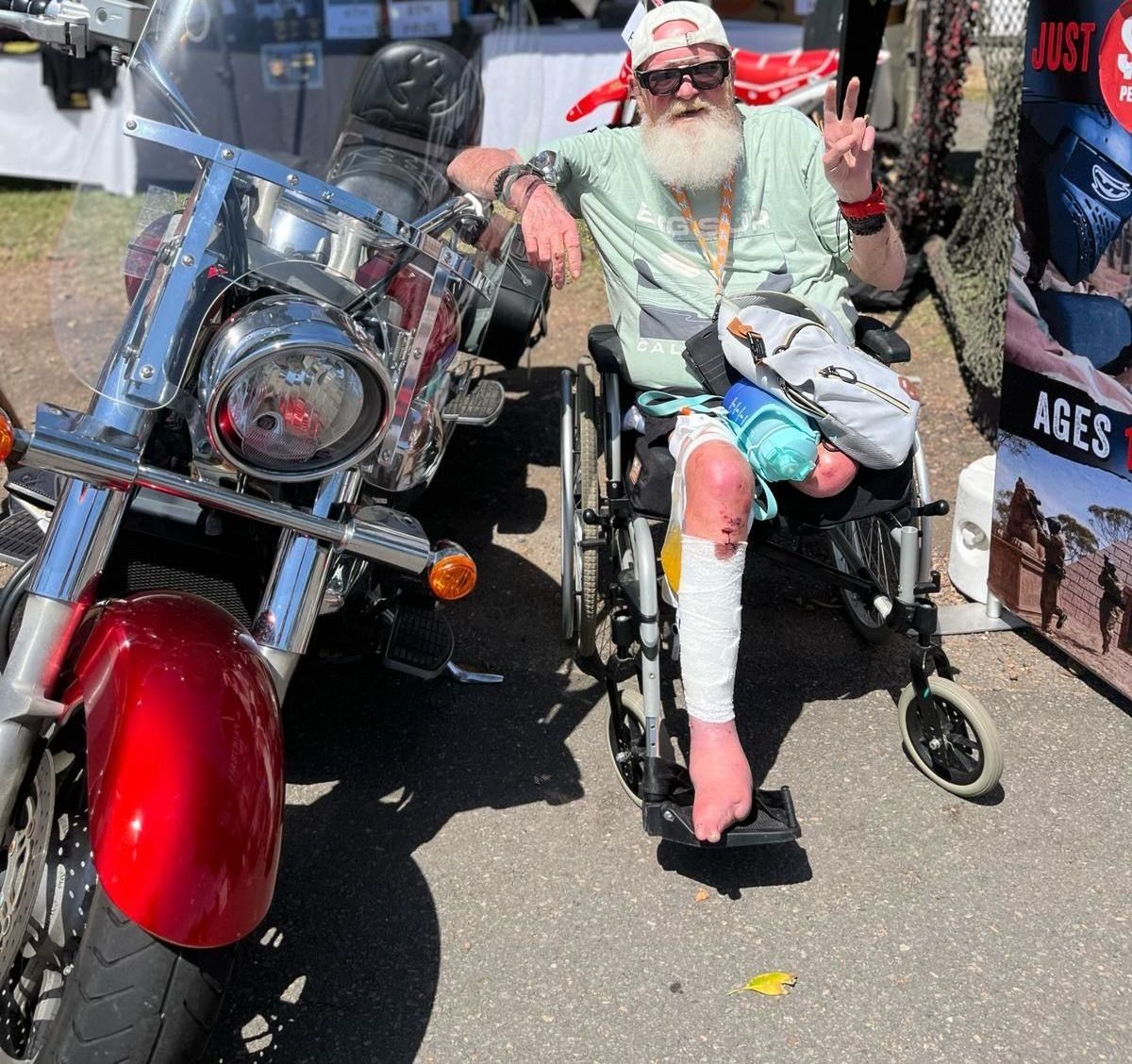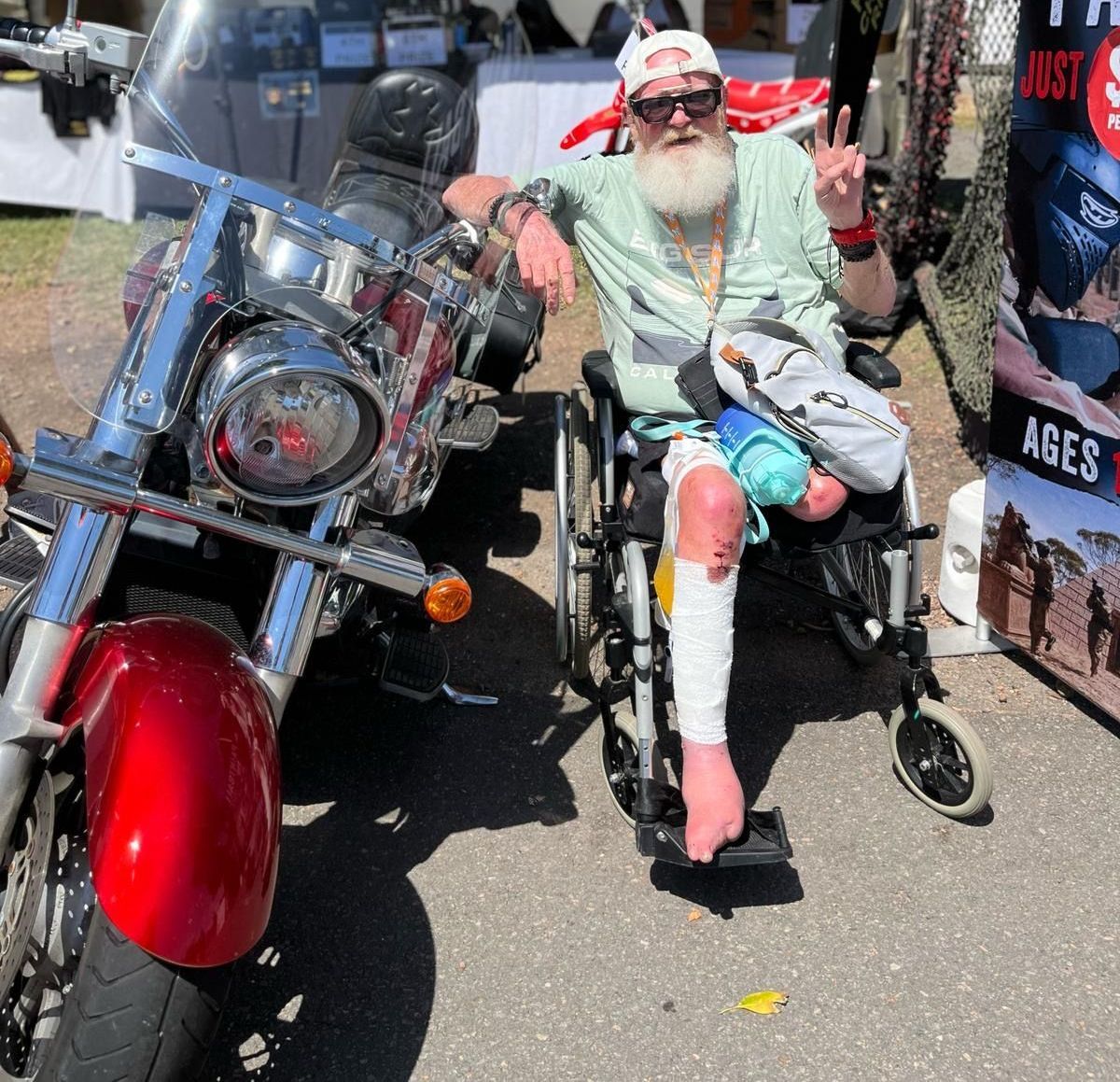NDIS Supports Explained
There are 37 categories of goods and services that are 'NDIS supports.'
These supports encompass services, items, and equipment funded by the National Disability Insurance Scheme (NDIS).
A List of NDIS Supports
- Accommodation Assistance or Tenancy Assistance
- Assistance Animals
- Assistance in Coordinating or Managing Life Stages, Transitions, and Supports
- Assistance to Access and Maintain Employment or Higher Education
- Assistance with Daily Life Tasks in a Group or Shared Living Arrangement
- Assistance with Travel or Transport Arrangements
- Assistive Equipment for Recreation
- Assistive Products for Household Tasks
- Assistive Products for Personal Care and Safety
- Communication and Information Equipment
- Community Nursing Care
- Customised Prosthetics (Including Orthotics)
- Daily Personal Activities
- Development of Daily Care and Life Skills
- Disability-Related Health Supports
- Early Intervention Supports for Early Childhood
- Exercise Physiology and Personal Well-Being Activities
- Group and Centre-Based Activities
- Hearing Equipment
- High Intensity Daily Personal Activities
- Home Modification Design and Construction
- Household Tasks
- Innovative Community Participation
- Interpreting and Translation
- Management of Funding for Supports
- Participation in Community, Social, and Civic Activities
- Personal Mobility Equipment
- Specialist Positive Behaviour Support
- Specialist Disability Accommodation (SDA)
- Specialised Driver Training
- Specialised Hearing Services
- Specialised Supported Employment
- Support Coordination
- Therapeutic Supports
- Vehicle Modifications
- Vision Equipment
- National Disability Insurance Agency
Expanding On The NDIS Supports
Specialised Hearing Services
Specialist audiological services for participants with complex needs. This includes:
- Assessment and prescription of audiological aids
Specialised Supported Employment
- Supports for participants to prepare for, find, and retain a job.
Specialist Disability Accommodation (SDA)
Specialised housing solutions for participants with high support needs.
Specialised Driver Training
- Driver training with specialised vehicles or adapted equipment.
Accommodation Assistance or Tenancy Assistance
Supports that build capacity, guide, prompt, or assist a participant to find or keep appropriate accommodation. This includes:
- Assistance with applying for rental tenancies or fulfilling tenancy obligations
- Medium-term accommodation when long-term accommodation is not ready, and current accommodation is unsuitable
Assistance Animals
Support provided by an eligible assistance animal. This includes:
- Assessment, matching, and provision of an assistance animal
- Dietary needs, grooming, and veterinary services
- Yearly reviews to maintain accreditation
Assistance in Coordinating or Managing Life Stages, Transitions, and Supports
Short-term support for managing life transitions. This includes:
- Transition to new educational or employment settings
- Transition to new living arrangements
- Hospital discharge assistance
- Transition out of mental health or custodial settings
Assistance to Access and Maintain Employment or Higher Education
Supports that help build a participant's capacity to prepare for, find, or keep employment or pursue higher education. This includes:
- Employment preparation during or after school
- Transition to employment
- Assistance with further education and training
Assistance with Daily Life Tasks in a Group or Shared Living Arrangement
Assistance with or supervision of daily living tasks in a shared living environment. This includes:
- Temporary or ongoing support
- Short-term accommodation and respite
- Assistance for participants in residential aged care
Assistance with Travel or Transport Arrangements
Supports that help participants who cannot use public transport independently. This includes:
- Transport for community-based activities and educational purposes
- Provider travel costs
- Use of taxis or private transport
- Travel training for public transport
Assistive Equipment for Recreation
Provision of assistive products for sports or recreational activities. This includes:
- Personal recreation and sporting equipment modifications
- Training for the use of assistive products
- Maintenance and spare parts for equipment
Household Tasks
Assistance with household tasks that participants cannot do themselves. This includes:
- Meal preparation, house maintenance, cleaning, and laundry
Exercise Physiology and Personal Well-Being Activities
Supports to maintain or increase physical mobility or well-being. This includes:
- Personal training and exercise physiology
- Development of personalised exercise programs
Group and Centre-Based Activities
Supports for participants to access and participate in activities in a group setting.
Innovative Community Participation
Supports tailored for participants with extraordinary support needs for community participation.
Hearing Equipment
Provision of hearing equipment for participants with permanent hearing impairments.
High Intensity Daily Personal Activities
Supports for participants with complex needs for high-intensity activities. This includes:
- Qualified workers providing or supervising activities
Home Modification Design and Construction
Supports to design or modify a participant's home for independent living. This includes:
- Installing equipment or modifying building structures
Early Intervention Supports for Early Childhood
Early intervention supports for children aged 0-9 and their families. This includes:
- Therapy from allied health professionals
- A key worker for the child's family
Interpreting and Translation
Supports for independent communication in activities requiring translation or interpretation.
Management of Funding for Supports
Support from registered plan management providers to manage funding under a participant's plan.
Participation in Community, Social, and Civic Activities
Supports for participants to take part in community, social, cultural, or civic activities. This includes:
- Support during activities and capacity building
Personal Mobility Equipment
Provision of mobility equipment to support a participant's movement. This includes:
- Wheelchairs, transfer devices, and training in equipment use
Specialist Positive Behaviour Support
Supports by professionals with skills in positive behaviour support. This includes:
- Development of behaviour support plans and staff training
Moara
Moara is a kind, passionate leader who infuses her interactions with inspiration and humour.
Moara brings creative ways to communicate and can connect with every participant, regardless of their diagnosis and provider, regardless of their business! Moara has the ability to interpret the emotion behind words, body language and sounds.
She uses a trauma- informed approach when helping participants to overcome their struggles and frustrations with NDIS. Moara meets you where you are. Moara describes her approach as compassionate and collaborative, with the belief that each person has an internal wisdom that allows them to build the skills they need to achieve the goals that are important to them.
Highlighting the importance of normalising everyone’s unique journey and helping participants and families to understand the information in a way that aligns with them, she starts where most have left off. Moara believes in the power of knowledge and arms you with this, using the tools you choose.
Want to be more informed?
Get FREE updates and resources.









